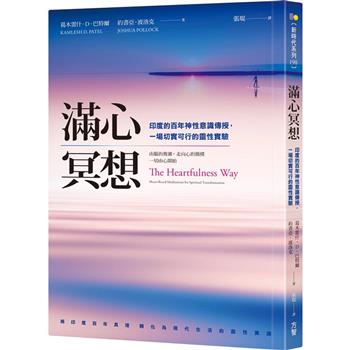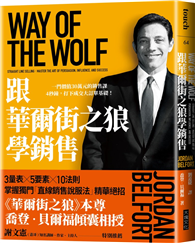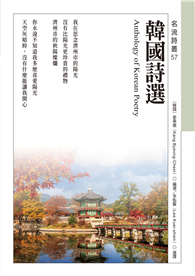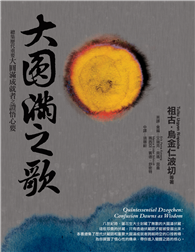This book centres refugees and asylum seekers as agents of global politics, broadening our thinking about political agency beyond statism, citizenship, and organized political protest. Arguing that to understand forced migration, we must understand the construction of refugees as individual human subjects and how subconscious ideas about refugees influence daily practices and policies, the author studies how refugees make meaning about themselves. Forced migration is a key formative phenomenon of international politics but debates habitually discuss displacement only as an abstract number, economic challenge, or security issue. This volume shifts attention to the individual human subjects as overlooked agents of international relations. To this end, the book rethinks individual subjects altogether and develops a comprehensive practice-theoretical framework of subject construction. Through extensive ethnographic data generated with refugees in Germany and Austria, the author reveals how refugees are depoliticized, and how they combat this using creativity, humor, and intercultural resources. This volume highlights people’s agency despite being subjected to powerful ideas and mechanisms. It will appeal to scholars and students of International Relations, Sociology, Political Science, and Migration Studies.
| FindBook |
有 1 項符合
Making Refugees’ Political Agency Visible: Practices of the Subject的圖書 |
 |
Making Refugees’ Political Agency Visible: Practices of the Subject 作者:Harbisch 出版社:Routledge 出版日期:2024-12-31 語言:英文 規格:精裝 / 240頁 / 普通級/ 初版 |
| 圖書館借閱 |
| 國家圖書館 | 全國圖書書目資訊網 | 國立公共資訊圖書館 | 電子書服務平台 | MetaCat 跨館整合查詢 |
| 臺北市立圖書館 | 新北市立圖書館 | 基隆市公共圖書館 | 桃園市立圖書館 | 新竹縣公共圖書館 |
| 苗栗縣立圖書館 | 臺中市立圖書館 | 彰化縣公共圖書館 | 南投縣文化局 | 雲林縣公共圖書館 |
| 嘉義縣圖書館 | 臺南市立圖書館 | 高雄市立圖書館 | 屏東縣公共圖書館 | 宜蘭縣公共圖書館 |
| 花蓮縣文化局 | 臺東縣文化處 |
|
|
圖書介紹 - 資料來源:博客來 評分:
圖書名稱:Making Refugees’ Political Agency Visible: Practices of the Subject
內容簡介
作者簡介
Dr Amelie Harbisch is a PostDoc at the University of Erfurt. As part of the BMBF-funded project "KNOWPRO", she is researching knowledge production in German peace and security policy. She focuses on ethnographic work, migration, and international political sociology (practice theory, performance/performativity, discourse).
Working with Violent Men: From Resistance to Change Talk in Probation Domestic Abuse Programmes
A Place Called Home: A Memoir
Good, Better, Best: The Rare Phenomenon of Multiple Successful Siblings and What It Shows Us about Parenting, Ambition, and Genetic Inheri
Saving Our Survivors: How American Jews Learned about the Holocaust
Saving Our Survivors: How American Jews Learned about the Holocaust
Bordering on Indifference: Race and Morality in Immigration Enforcement
Bordering on Indifference: Race and Morality in Immigration Enforcement
Little Bosses Everywhere: How the Pyramid Scheme Shaped America
The Art of Dying: Writings, 2019-2022
The Battle for Boston: How Mayor Ray Flynn and Community Organizers Fought Racism and Downtown Power Brokers
A Place Called Home: A Memoir
Good, Better, Best: The Rare Phenomenon of Multiple Successful Siblings and What It Shows Us about Parenting, Ambition, and Genetic Inheri
Saving Our Survivors: How American Jews Learned about the Holocaust
Saving Our Survivors: How American Jews Learned about the Holocaust
Bordering on Indifference: Race and Morality in Immigration Enforcement
Bordering on Indifference: Race and Morality in Immigration Enforcement
Little Bosses Everywhere: How the Pyramid Scheme Shaped America
The Art of Dying: Writings, 2019-2022
The Battle for Boston: How Mayor Ray Flynn and Community Organizers Fought Racism and Downtown Power Brokers
|











